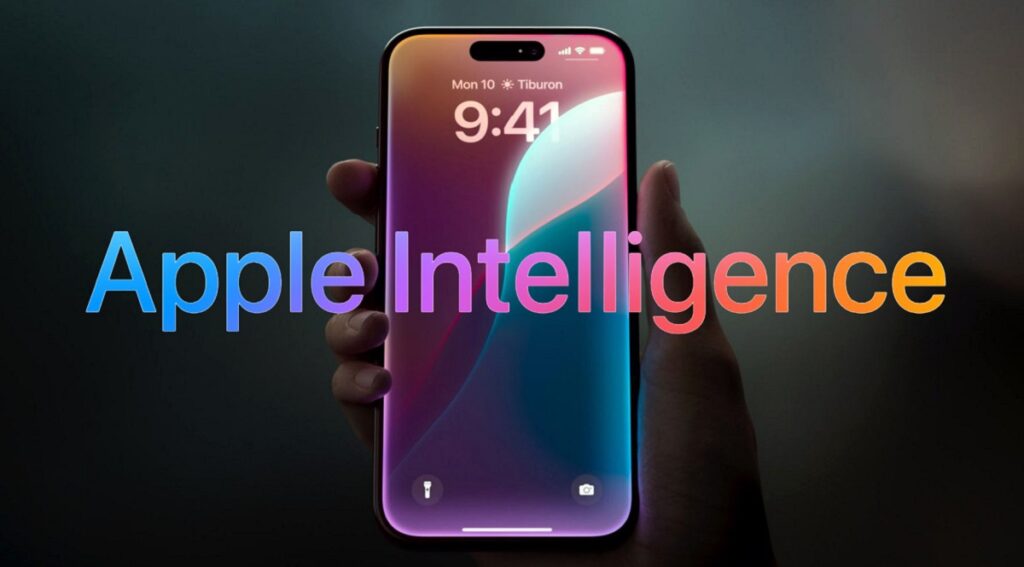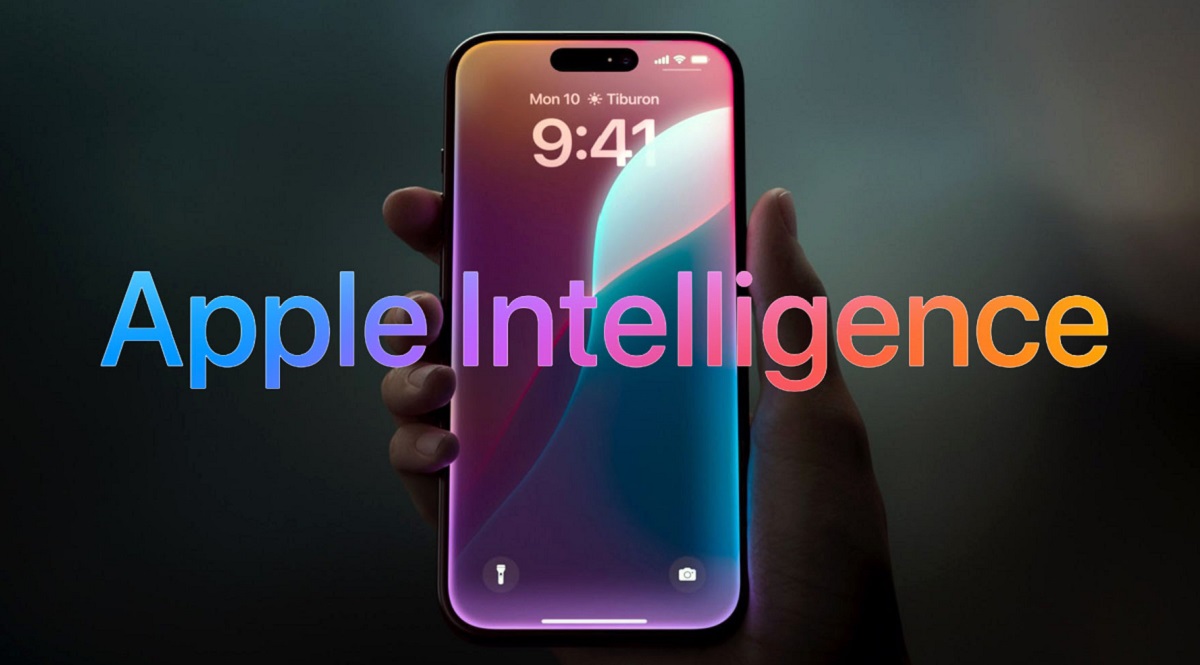
Introduction
Apple has officially entered the artificial intelligence (AI) race — and it’s doing so in classic Apple fashion: privately, securely, and seamlessly integrated into its ecosystem. With the announcement of Apple Intelligence at WWDC 2025, the tech giant isn’t just joining the AI hype—it’s redefining how personal intelligence should work on devices.
Apple Intelligence (AI) is now being rolled out across iOS 18, iPadOS 18, and macOS Sequoia, bringing a host of powerful AI features to iPhones, iPads, and Macs. In this blog post, we’ll explore what Apple Intelligence is, the key features it introduces, how it compares to other AI platforms, and how it’s transforming user experience across Apple’s ecosystem.
What is Apple Intelligence?
Apple Intelligence is Apple’s new on-device AI system built to enhance everyday tasks while maintaining user privacy. Rather than relying solely on cloud-based large language models (LLMs), Apple is focusing on on-device processing for many tasks, ensuring faster responses and tighter privacy controls.
It combines:
- Generative AI
- Machine Learning
- Contextual awareness
- Deep system integration
With a strong emphasis on Private Cloud Compute, Apple ensures that your data remains secure—even when some tasks require cloud processing.
Top Features of Apple Intelligence in iOS 18, iPadOS 18 & macOS Sequoia
✅ 1. Rewrite, Proofread, and Summarize with Systemwide Writing Tools
Whether you’re writing an email, note, or blog post, you can now:
- Rewrite text in different tones (professional, friendly, or concise)
- Proofread for grammar, tone, and clarity
- Summarize long documents or emails into bullet points
These tools work inside Mail, Notes, Safari, Pages, and even third-party apps—thanks to Apple’s deep system-level integration.
✅ 2. Genmoji and Custom Images with Image Playground
Say goodbye to boring emojis. Apple now allows users to create:
- Genmoji: AI-generated emojis based on prompts
- Image Playground: Instantly generate images in comic, sketch, or illustration styles
It’s fun, fast, and built into Messages, Keynote, and even the Share Sheet.
✅ 3. Enhanced Siri: Now Truly Smart
After years of being the butt of jokes, Siri gets an AI upgrade:
- Understands natural language better
- Retains context across requests
- Can take actions across apps (“Find the file John sent me yesterday and summarize it”)
Siri also now supports type-to-Siri on iPhone, iPad, and Mac, making it more accessible and powerful than ever.
✅ 4. Smart Notifications and Prioritization
Apple Intelligence can now:
- Summarize long notifications
- Prioritize urgent alerts (calendar, travel, time-sensitive messages)
- Offer AI-driven Focus suggestions
No more getting lost in a sea of irrelevant notifications.
✅ 5. Photo and Video AI Tools
Apple Photos now supports:
- AI-powered search (“Find pictures of me in a blue shirt on the beach”)
- Image editing suggestions
- Scene cleanup: Remove unwanted background items with a tap
- Memory Movie Generator: Create short highlight videos based on themes
This rivals some features found in Google Photos but keeps the processing on-device whenever possible.
Privacy First: Apple’s Competitive Advantage
Apple Intelligence sets itself apart from OpenAI, Google Gemini, and others through privacy-focused AI design. Using Private Cloud Compute, your personal data never leaves your device unless absolutely necessary—and even then, it’s never stored or used to train AI models.
Apple claims:
“We don’t know who you are when your data is processed in the cloud.”
In an era where user data fuels AI models, Apple’s privacy promise is a significant differentiator.
Comparison: Apple Intelligence vs Google Gemini vs ChatGPT
| Feature | Apple Intelligence | Google Gemini | ChatGPT (OpenAI) |
|---|---|---|---|
| On-device processing | Yes | Limited | No (cloud only) |
| Privacy-first architecture | Strong focus | Moderate | Data may be stored |
| System integration (Apple) | Native, deep integration | Limited (on iOS) | Available via app |
| Image generation | Yes (basic, creative) | Yes (advanced) | Yes (DALL·E integration) |
| Voice assistant integration | Siri upgrade | Google Assistant + Gemini | ChatGPT Voice (app) |
Which Devices Support Apple Intelligence?
Only newer devices with powerful chips will support Apple Intelligence:
- iPhones: iPhone 15 Pro, iPhone 15 Pro Max, and all iPhone 16 models and beyond
- iPads: iPad Pro (M1 and above), iPad Air (M1 and above)
- Macs: Macs with M1 chip or newer running macOS Sequoia
If you’re on older hardware, you’ll get iOS 18 or macOS Sequoia but without Apple Intelligence.
How Apple Intelligence Will Impact Everyday Use
Whether you’re a student, professional, or casual user, AI will now:
- Help write better emails and documents
- Assist in photo organization
- Offer context-aware suggestions
- Make Siri actually useful
- Simplify notifications and summaries
This integration isn’t flashy—it’s functional, improving how you interact with your Apple devices every day.
Conclusion
With Apple Intelligence, Apple isn’t chasing AI trends—it’s refining them. By embedding intelligence directly into the operating system and hardware, Apple delivers a more personal, secure, and fluid AI experience.
In a world flooded with cloud-based AI platforms, Apple’s on-device-first approach offers speed, privacy, and trust. As iOS 18, iPadOS 18, and macOS Sequoia roll out, Apple Intelligence will set a new benchmark for AI that doesn’t just know what you want—it knows you.

